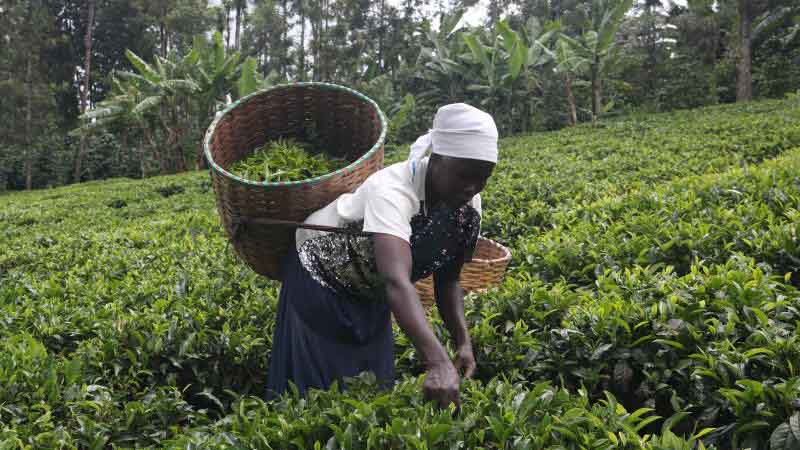×
The Standard e-Paper
Smart Minds Choose Us

Samuel Ngugi, who owns Embassy Crystal, a leading Electronic shop within Kericho town, recalls days in the late 1990s when his sales could hit Sh500,000. He sells television sets, solar panels, bicycles and other items, but things have since nosedived.
“It is a miracle nowadays when we manage to surpass a quarter of the sales we used to make especially in the 1990s,” said Ngugi, who is also the Kericho Investors and Business Associations (KIBA) chairman.






